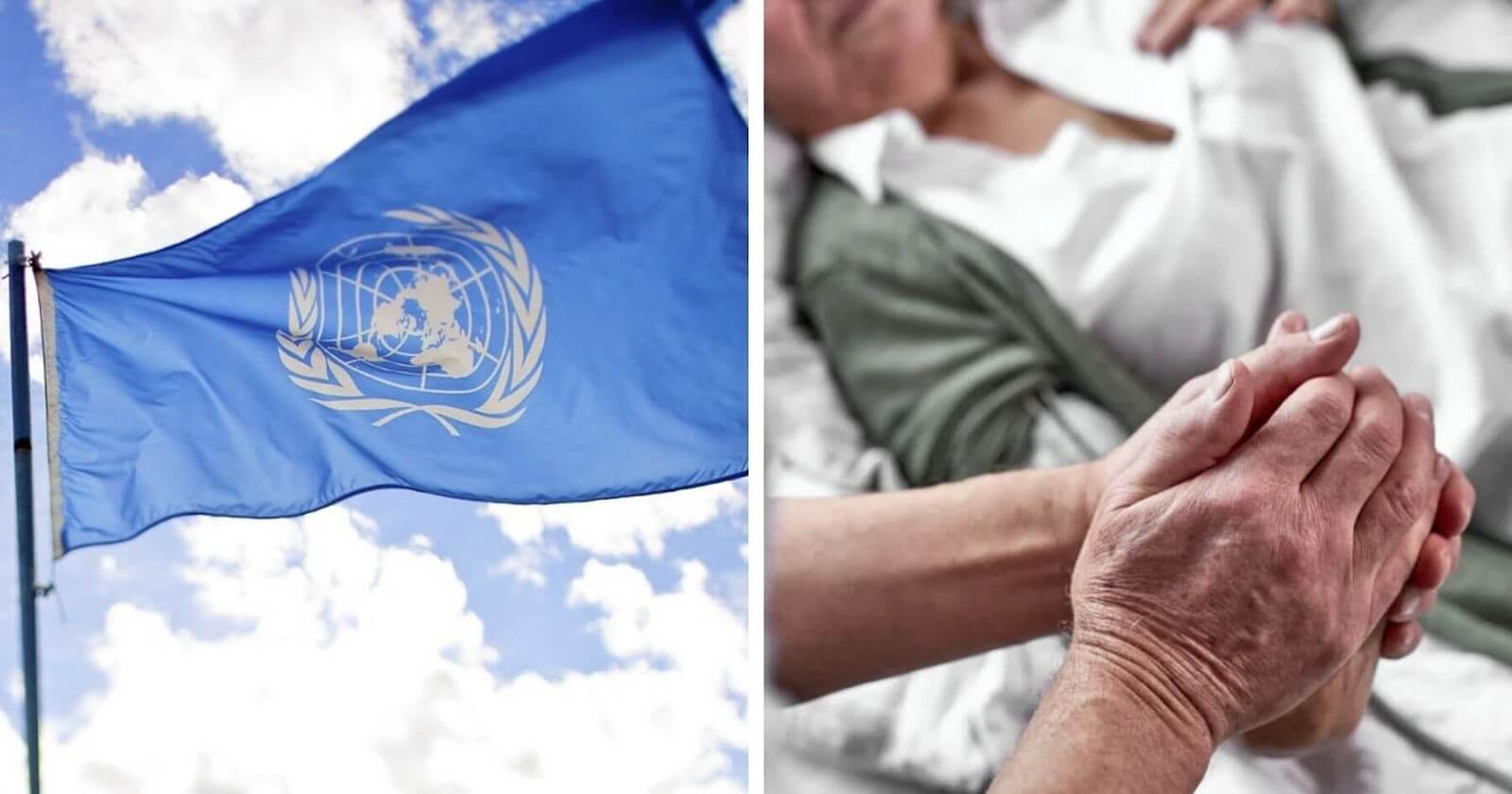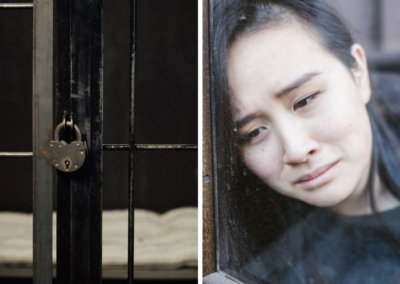Belgium has been criticised for its radical euthanasia law during a meeting of the United Nations Human Rights Council (UNHCR) in Geneva, Switzerland.
The UNHCR is undergoing a “Universal Periodic Review”, in which member states’ human rights records are scrutinised and they may be called to consider reforms. Several states urged Belgium’s government to improve its treatment of persons with disabilities and the elderly.
Since the legalisation of euthanasia in 2002, Belgium has experienced an increase in registered euthanasia deaths of a hundredfold. In February 2014, the law was even changed to enable doctors to end the lives of children at any age.
The legal and moral right to life
Giorgio Mazzoli, UN legal officer for ADF International in Geneva said: “A fair and just society cares for its most vulnerable. International law protects everyone’s inherent right to life and requires countries to protect the dignity and lives of all people, rather than help to end them. Sadly, over the years, we have seen Belgium’s euthanasia law spiral out of control. In one case, the life of a 23-year-old female was tragically ended by euthanasia due to her battle with mental health issues. There is nothing progressive about a government that refuses to provide care and support to those who need it most. We urge the Belgian government to accept the recommendations it has received on this matter: bring an end to euthanasia and redirect resources into improving palliative care for those reaching the natural end of their lives”.
The World Medical Association, which provides close liaison with the UN and its various agencies, has long rejected the legalisation of euthanasia and assisted suicide as unethical. The practice has long been associated with discriminatory attitudes against elderly people or those with disabilities. In 2017, almost 20% of Belgium’s euthanasia deaths were carried out on patients displaying symptoms common with ageing.
Bangladesh’s representative raised their concerns in the Council, and asked that the Belgian government “protect and promote the right of life of all people until natural death, without discrimination on the basis of age, disability or any other grounds”.
Additionally, Haiti’s delegates urged Belgium to “ensure that patients receive palliative care of high quality”.
In its general remarks, Egypt noted concerns about euthanasia potentially being a legal breach of human rights treaties, that specify every human being’s innate right to life.
Case against Belgium’s euthanasia law pending at Europe’s top court
Belgium is currently being forced to defend its euthanasia legislation at the European Court of Human Rights. Human rights group ADF International is supporting the case of Tom Mortier, who is challenging the current law after having lost his mother to the lethal procedure in 2012.
Mortier said, “The big problem in our society is that apparently, we have lost the meaning of taking care of each other”.
He went on, “My mother had a severe mental problem. She had to cope with depression throughout her life. She was treated for years by psychiatrists and eventually the contact between us was broken. A year later she received a lethal injection. Neither the oncologist who administered the injection nor the hospital had informed me or any of my siblings that our mother was even considering euthanasia. I found out a day later when I was contacted by the hospital, asking me to take care of the practicalities”.
The current law in Belgium specifies that the person must be in a ‘medically futile condition of constant and unbearable physical or mental suffering that cannot be alleviated, resulting from a serious and incurable disorder caused by illness or accident’. Tom’s mother was physically healthy, and her treating psychiatrist of more than two decades did not agree that she satisfied the legal requirements for euthanasia in Belgium. Nonetheless, she was euthanised in 2012 by an oncologist with no known psychiatric qualifications.
The doctor who was responsible for euthanising Mortier’s mother is currently co-chair of Belgium’s Federal Commission, the body responsible for reviewing euthanasia cases to ensure the law has not been breached. He also leads a pro-euthanasia organisation that received payment from Mortier’s mother prior to her death. Despite all this, according to the Belgian government, the Federal Commission voted “unanimously” to approve the euthanasia in this case.
The case now sits before the top European court and has the potential to set a precedent for euthanasia law for over 820 million Europeans across the 47 member Council of Europe Member States subject to its rulings, including the United Kingdom.
Robert Clarke, Deputy Director of Advocacy for ADF International, who represents Tom Mortier before the Court, said: “The slippery slope is on full public display in Belgium, and we see the tragic consequences in this case. According to the most recent government report, more than six people per day are euthanized in this way, and that may yet be the tip of the iceberg. The figures expose the truth that, once these laws are passed, the impact of euthanasia cannot be controlled. Belgium has set itself on a trajectory that, at best, implicitly tells the most vulnerable that their lives are not worth living”.
A spokesperson for Right To Life UK, Catherine Robinson, said: “It is absolutely vital for the health of society that we safeguard the right to life. It is common for assisted suicide campaigners to claim that their cause is about autonomy and relieving suffering, but as we can see across almost all jurisdictions where the practice is legalised, it almost always expands beyond this small number of cases, as it has in Belgium, to include those suffering from mental illnesses and disabilities. This is unacceptable and reeks of eugenics, an idea that ought to have been banished into the dustbin of history. We hope this case is successful and sets a precedent for more sensible and compassionate law across Council of Europe member states”.











